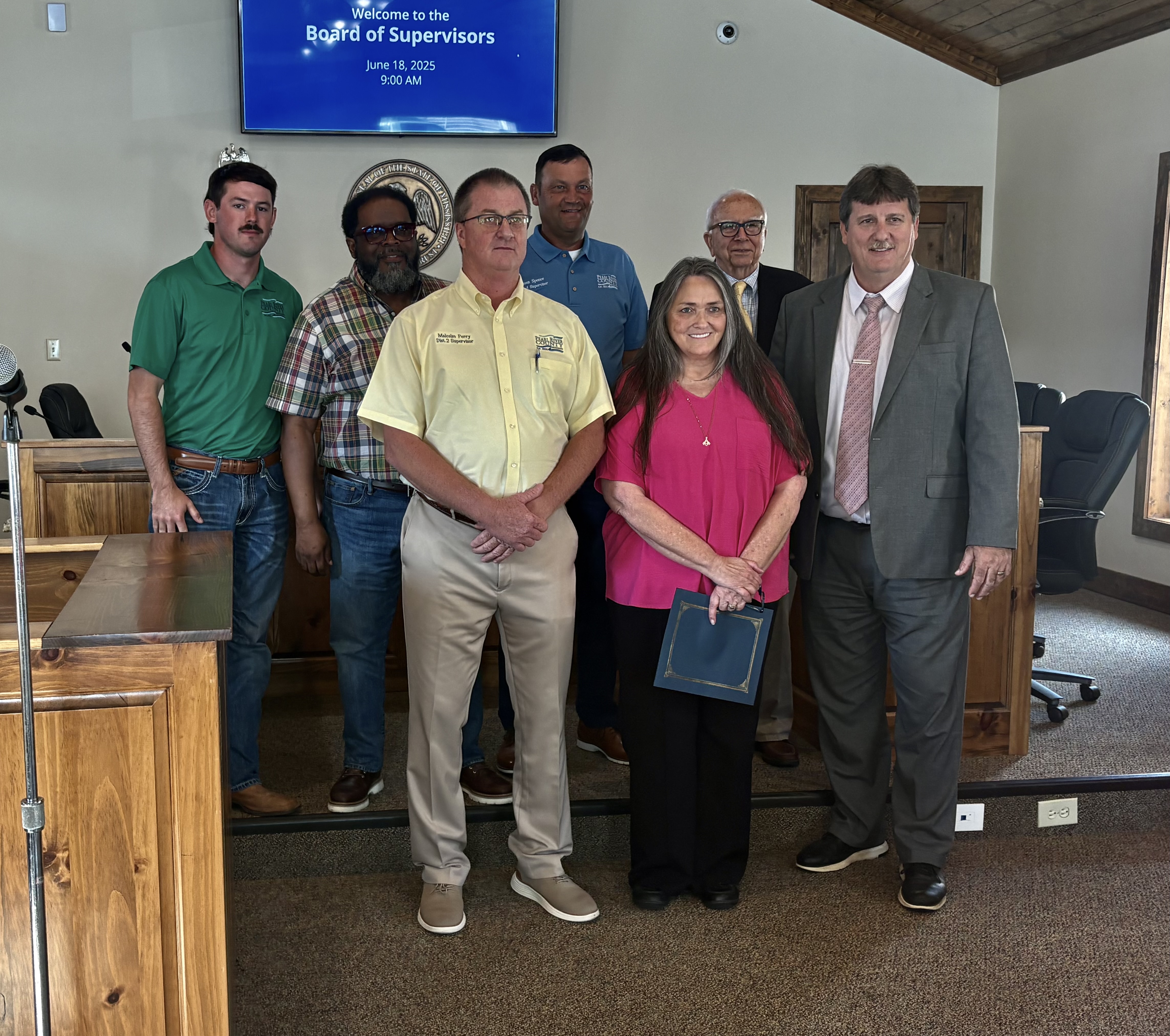O wagging tongue- Religion column
Published 7:00 am Saturday, June 9, 2018
By Fr.Jonathan Filkins
We are so often proud of ourselves. Whether it about be a possession, or some ploy which results in physical, or emotional gain, we reliably puff ourselves up in our self-assurances of superiority.
Our views are often expressed by that well-exercised muscle residing in the hole just beneath our noses. It, seemingly, was put there by our Creator for many purposes, but apparently, it’s primary use is to communicate. Well, we may well note, this does not always lead to constructive communication; and far-too-often causes varying degrees of offense.
Each of us can point a finger at someone who has offended us, or whose views may be termed as “bizarre.” Yet, as our parents told us, “When you point a finger at someone, remember that there are three fingers pointing back at you.” Hmmm…sounds a bit Biblical. Perhaps a parental reference to the pointing out a splinter in another’s eye; while an enormous log is in the eye of the beholder.
C. S. Lewis, noted Anglican theologian, began his spiritual journey as an atheist and eventually found Christ. His writings stand at the forefront of today’s examples of a journey to Him. Reticent, and acknowledging his human foibles, his insights are quite valuable to all of us, in our own journeys.
Mr. Lewis wrote, in preparation for prayer, “I found that I had made a slip of the tongue. I had meant to pray that I might so pass through things temporal (worldly] things that I finally lost not the things eternal. I found I had prayed so to pass through things eternal, that I finally lost not the things temporal.”
Here we have a conversation with God for, indeed, our prayers are our conversations with our Creator. If we were in God’s place and given the ultimate discretion for salvation, would we not be offended? Thankfully, we are not God, even though our tongues may say otherwise; implied, or directly.
Harsh and selfish words cannot be retracted from the hearing. Offense, intentional or not, once taken, is quite difficult to eradicate from our memories.
It takes true, God-given, forgiveness and our true understanding of His mandate to us. Simply, if we have an iota of irritation about the matter, then real forgiveness has not been attained; and the words ring hollow. Today’s wagging tongues, assailing us and delivered through multiple mediums, stand to obstruct the very necessary need of compromise and understanding in our human relationships.
So many of us recite the Lord’s Prayer in our daily devotions. Friar Bonaventure Chapman wrote that the repetition of the words made him a bit distracted. Once, he had left out the words, “as we forgive those who trespass against us.”
He then asked himself, whether, or not, this showed he had hardened his heart. Only God and the good friar know the precise answer. Only ourselves, and God, know the precise answer of the condition of our own hearts.
We too may become distracted in our own prayers. The only section of the Lord’s Prayer, where we are asked to do anything, is to forgive others. Every other part is a petition for our benefit, in our relationship with our Creator.
There are far too many times when our pride, our egos, overshadow our tongues. As with pointing a finger at some issue, we may well-remember another parental admonition, when our wagging tongues strip of us of our better selves, “God gave you one mouth to speak and two ears to listen.”
O God, let us listen more, talk less, and love our neighbors, as you love us. AMEN.





